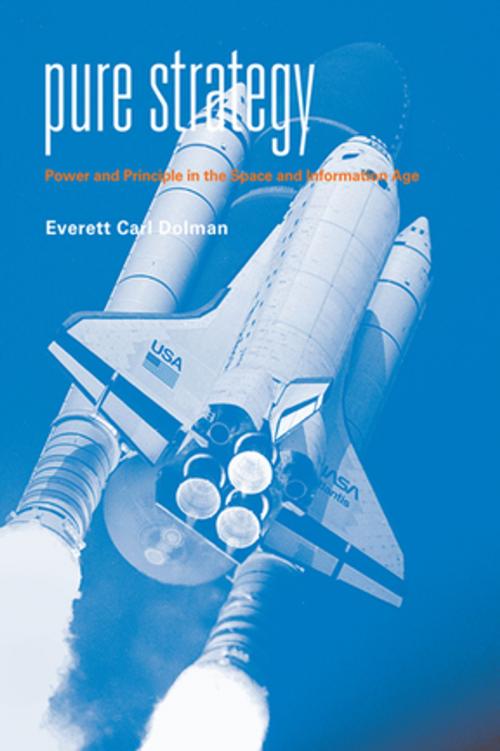Pure Strategy
Power and Principle in the Space and Information Age
Nonfiction, Social & Cultural Studies, Political Science, Politics, History & Theory, History, Military| Author: | Everett Dolman | ISBN: | 9781135767983 |
| Publisher: | Taylor and Francis | Publication: | August 2, 2004 |
| Imprint: | Routledge | Language: | English |
| Author: | Everett Dolman |
| ISBN: | 9781135767983 |
| Publisher: | Taylor and Francis |
| Publication: | August 2, 2004 |
| Imprint: | Routledge |
| Language: | English |
A stimulating new inquiry into the fundamental truth of strategy - its purpose, place, utility, and value.
This new study is animated by a startling realization: the concept of strategic victory must be summarily discarded. This is not to say that victory has no place in strategy or strategic planning. The outcome of battles and campaigns are variables within the strategist's plan, but victory is a concept that has no meaning there.
To the tactical and operational planner, wars are indeed won and lost, and the difference is plain. Success is measurable; failure is obvious. In contrast, the pure strategist understands that war is but one aspect of social and political competition, an ongoing interaction that has no finality. Strategy therefore connects the conduct of war with the intent of politics. It shapes and guides military means in anticipation of a panoply of possible coming events. In the process, strategy changes the context within which events will happen. In this new book we see clearly that the goal of strategy is not to culminate events, to establish finality in the discourse between states, but to continue them; to influence state discourse in such a way that it will go forward on favorable terms. For continue it will. This book will provoke debate and stimulate new thinking across the field and strategic studies.
A stimulating new inquiry into the fundamental truth of strategy - its purpose, place, utility, and value.
This new study is animated by a startling realization: the concept of strategic victory must be summarily discarded. This is not to say that victory has no place in strategy or strategic planning. The outcome of battles and campaigns are variables within the strategist's plan, but victory is a concept that has no meaning there.
To the tactical and operational planner, wars are indeed won and lost, and the difference is plain. Success is measurable; failure is obvious. In contrast, the pure strategist understands that war is but one aspect of social and political competition, an ongoing interaction that has no finality. Strategy therefore connects the conduct of war with the intent of politics. It shapes and guides military means in anticipation of a panoply of possible coming events. In the process, strategy changes the context within which events will happen. In this new book we see clearly that the goal of strategy is not to culminate events, to establish finality in the discourse between states, but to continue them; to influence state discourse in such a way that it will go forward on favorable terms. For continue it will. This book will provoke debate and stimulate new thinking across the field and strategic studies.















